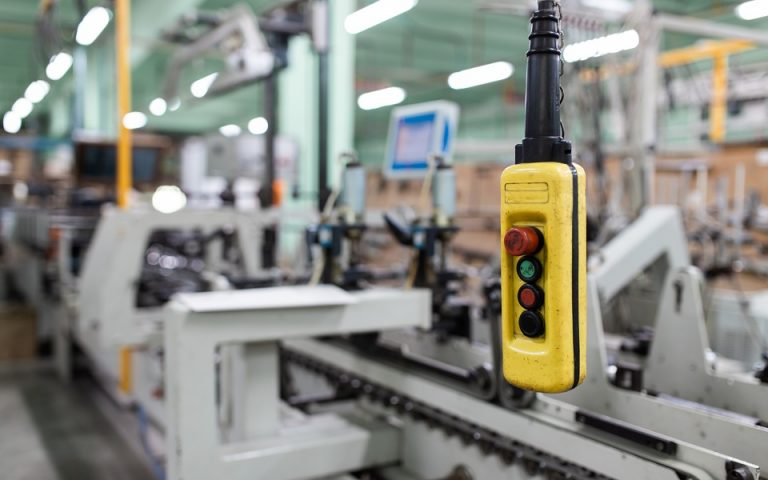
The Greek manufacturing sector remained in growth territory during November, according to the latest PMI survey data from S&P Global. However, the pace of growth slowed down compared to October, following a marginal increase in output and a further decline in employment.
The slowdown took place despite a renewed increase in new orders due to stronger demand from abroad. Input purchases and inventory levels also increased, as finished goods inventories rose at the fastest pace recorded since October 2008.
However, further anticipated increases in input prices and inventory building, following lower than expected new sales, were partially responsible for the rise. At the same time, the increase in input costs accelerated due to higher material prices. Despite relatively mild demand conditions, companies passed on the increased costs through a more pronounced increase in selling prices.
The pace of growth was the second slowest in a year, however, stronger than the long-term average of
survey. An increase in new orders in November supported the recovery in operating conditions. Greek manufacturers recorded a marginal increase in new sales, following the acquisition of new customers and improved demand conditions.
The increase in total new orders was partly due to the return of new export business to recovery conditions. Stronger demand from new customers in overseas markets helped to increase the growth rate to the strongest recorded since July.
Nevertheless, output levels rose marginally in November. Companies reported that capacity and inventories were sufficient to support the new, albeit marginal, rise in new orders. In addition, the rate of growth slowed compared to the rate seen in October. After a moderate increase in October, employment in Greek manufacturing companies returned to a contractionary environment in November.
According to panel members, staffing levels declined following labour shortages and a reduction in temporary workers. Although marginal, the rate of job losses was the second steepest on record since December 2020 (as well as October 2023).
Midway through the fourth quarter, a further reduction in work in progress led to a smaller number of workers. The rate of decline was unchanged compared to October and the second fastest rate recorded since January as companies successfully managed to cope with production demands.
Meanwhile, the pace of input price growth accelerated in November, following the easing of cost pressures in recent months. Panel members repeatedly attributed the recent increase to higher raw material prices and energy bills. The rate of increase was the fastest on record in three months.
Similarly, outflow charges rose at a historically high rate, which was the fastest rate recorded since August. Despite relatively subdued demand conditions, companies were able to pass on higher costs to customers. Concerns about future material price increases and further delays in supplier delivery times led goods producers to adjust their input purchases upward due to the higher costs.
Nevertheless, the lower than expected inflow of new orders led to a buildup of stocks. In fact, stocks of finished goods increased at the strongest pace recorded since October 2008. Finally, business confidence improved in November. The degree of optimism about the outlook for output in the coming year rose to the highest level recorded since May and was broadly significant






